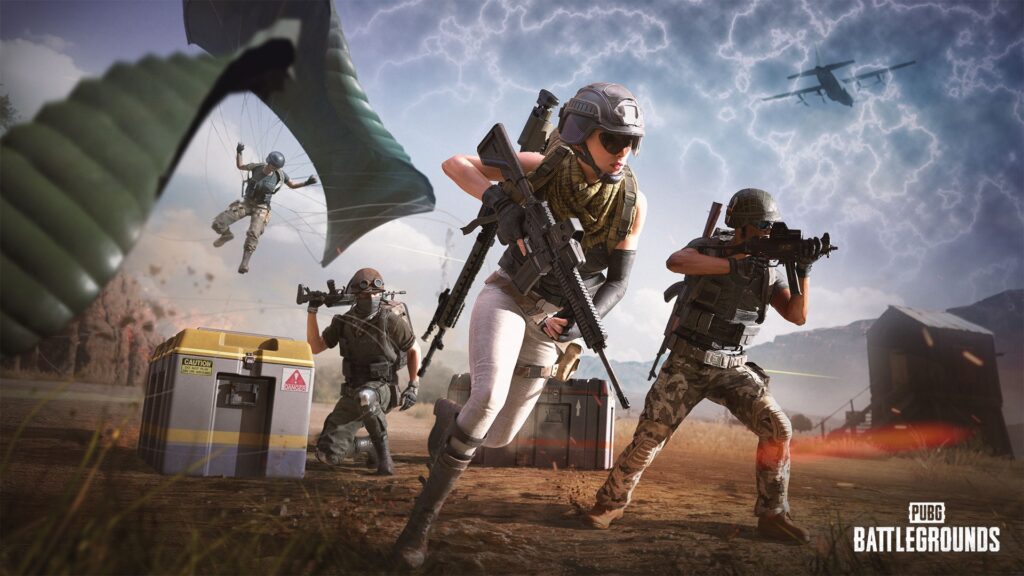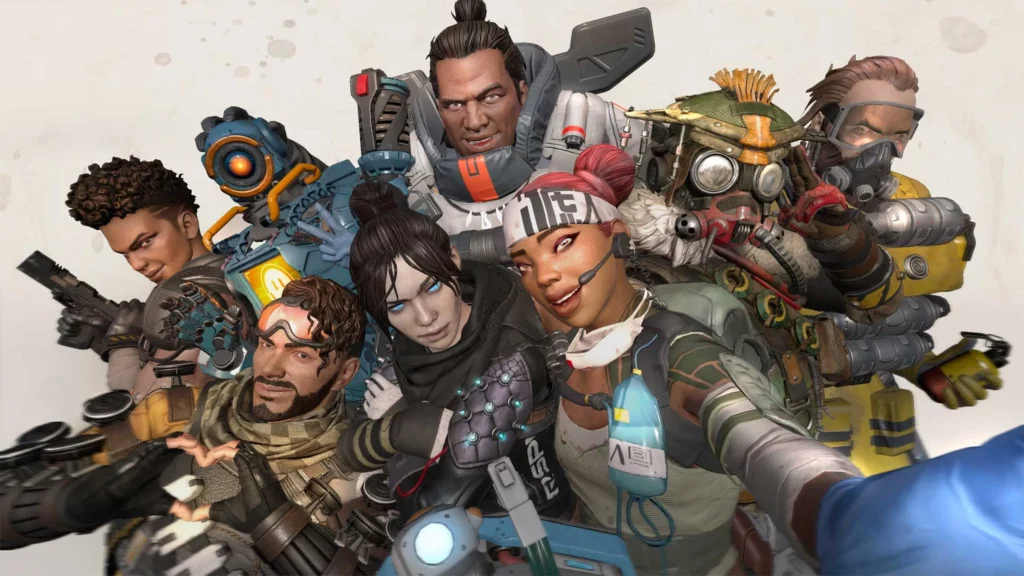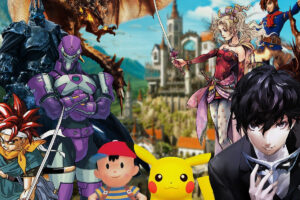Battle royale games like Fortnite, Apex Legends, and PUBG have exploded in popularity thanks to their intense, competitive gameplay and innovative events that keep players coming back for more. Localizing these games for a global audience is a complex undertaking that requires translators to tackle everything from fast-paced dialogue to real-time event adaptation. This article dives into the unique localization challenges presented by battle royale games, and how localization plays a pivotal role in making these gameplay experiences immersive and culturally relevant worldwide.
Fast-Paced Dialogue: Keeping Up with the Action
The adrenaline-fueled nature of battle royale titles is characterized by constant communication, whether it’s through character callouts, instructions, or warnings. Translators must adapt these elements in a way that preserves clarity and timing to ensure that players don’t miss critical information at high-stakes moments.
Apex Legends is a good example of a battle royale game that features pivotal events at every turn, and whose characters use tactical dialogue to call out enemy positions, share alerts, and celebrate victories. Translating these callouts with precision is essential to conveying the moment’s urgency. For example, a phrase like “Incoming grenade!” needs to remain concise and impactful in the target language so players can react quickly, while also absorbing the message’s intensity.
Similarly, Fortnite features a blend of playful and strategic phrases, with characters who deliver quips that need to be adapted for both timing and humor. The challenge in those instances is in balancing clarity with entertainment, so that players are able to both understand and enjoy the in-game commentary while staying focused on the match.
Terminology Management for Rapid Content Updates
Battle royale titles regularly introduce updates that feature new content like maps, items, and seasonal events. Evolutions like these mean the games’ vocabularies are constantly shifting, too, and their translators must be able to adapt new terms for diverse audiences, and at a local level, for all kinds of elements—from weapons to skins to battle mechanics.
To that end, pop culture trends can influence how translators choose to proceed. Updates to Fortnite, for example, may include crossover characters from popular franchises, which require localization teams to be skilled at adapting such references so that they maintain their resonance for players across the globe.

Similarly, PUBG is a game that continues to add unique weapon names and tactical gear to its arsenal, and every addition comes with its own, specific terminology. With a large international player base, the game requires its translators to successfully manage its evolving vocabulary, because it’s crucial to maintain consistency and authenticity across regions. A dynamic terminology management system is therefore essential to the evolution of such games, so that updates are kept clear and contextually relevant for players in all languages.
Real-Time Events: Adapting for Global Audiences
Battle royale games are known for their live events, which unfold in real-time to immerse players in unique and unforgettable in-the-moment experiences. Fortnite has become famous for its live in-game events that include concerts and map-altering cutscenes that develop simultaneously across servers. Translating these events requires rapid adaptation to ensure that all players, regardless of language, feel part of the global phenomenon.
In Apex Legends, global tournaments are another phenomenon featuring commentary, event-specific dialogue, and score updates in multiple languages. Effective localization helps keep these events engaging for players worldwide and helps to build a sense of cohesion within the global gaming community.
Cultural Sensitivity and Regional Adaptation
With a global audience, it’s essential for battle royale games to avoid cultural missteps that could alienate players. Translators must assess symbols, themes, and visuals for cultural significance to ensure they resonate appropriately with diverse audiences. For example, certain outfits or symbols in PUBG might need adjusting to align with regional norms or legal standards, particularly when representing items or styles that might carry different meanings across cultures.
Culturalization in games like Fortnite also extends to audio and character voiceovers. A voice style or tone that resonates with players in one country may not carry the same impact in another. In that event, adjustments are made to character voiceovers so that they reflect the expectations of each region.
Engagement Through Immersive Localization
For battle royale games, effective localization means more than just making content understandable. It also means enhancing the player experience to the point of total immersion. Players must feel like they are part of the action, no matter their language or location, and to that end, localization teams work tirelessly so that every event, callout, and character feel meaningful in a positive way.

In Apex Legends, for instance, the banter between characters is an important method for deepening player engagement, because it helps players build attachment to their chosen “Legend.” Translating this dialogue, therefore, requires both creativity and contextual knowledge, so that character personalities are allowed to shine through in every language.
The Takeaway
Localizing battle royale games demands both agility and cultural insight. Whether they are translating real-time events and fast-paced gameplay dialogue or drawing upon deep cultural knowledge to form a nuanced, respectful, and resonant element for a game update, localization teams work hard to ensure that players everywhere can be a part of these games’ immersive experience. As the battle royale genre continues to innovate, localization practices must evolve apace to keep these games accessible, engaging, and enjoyable for a truly global community.



